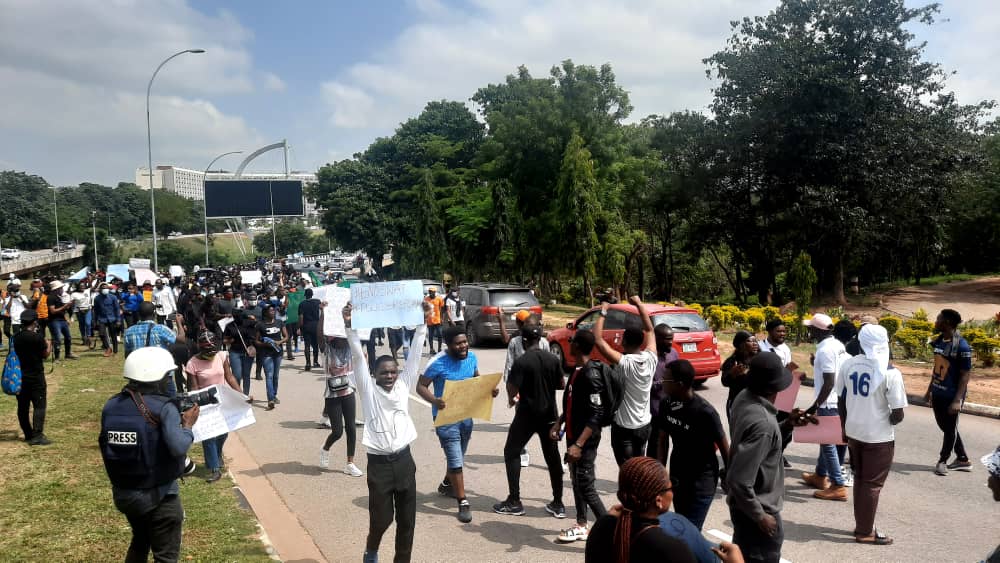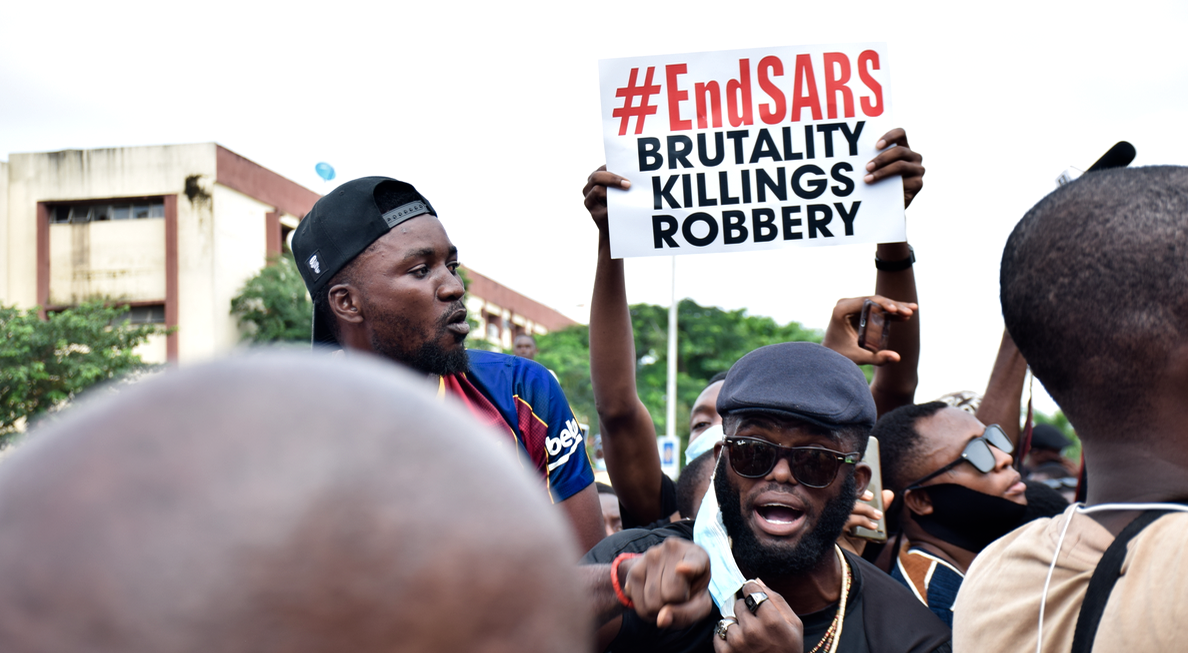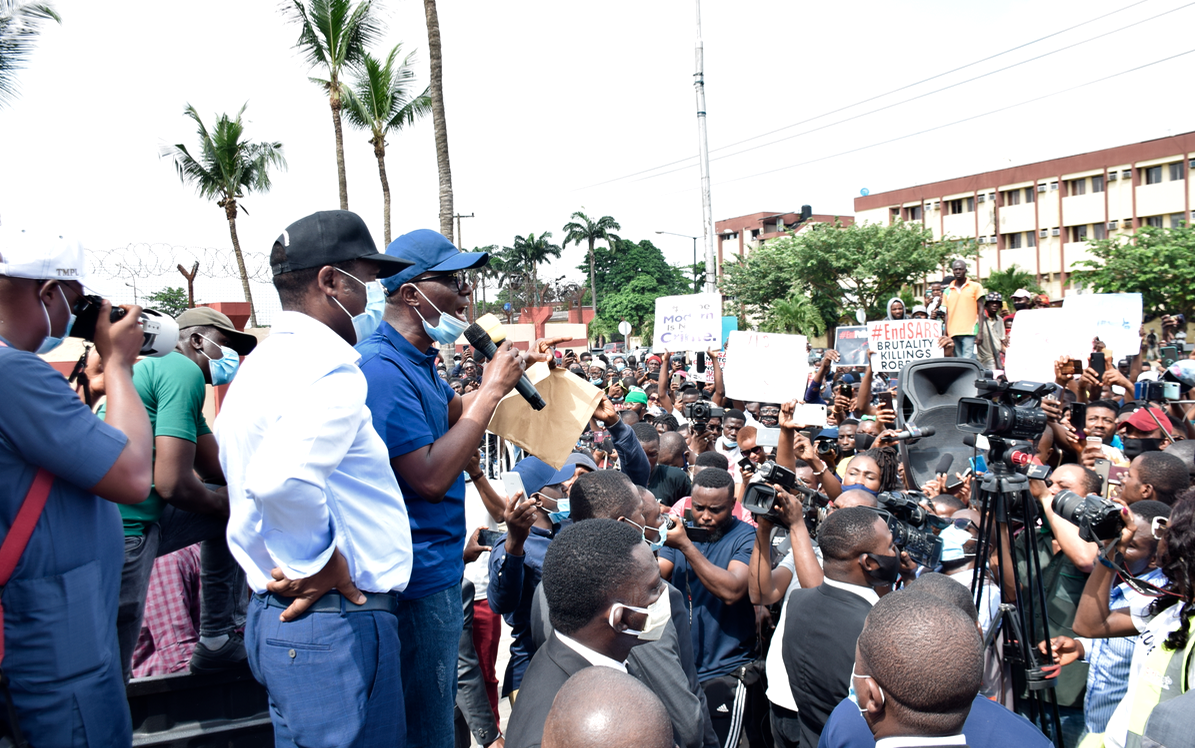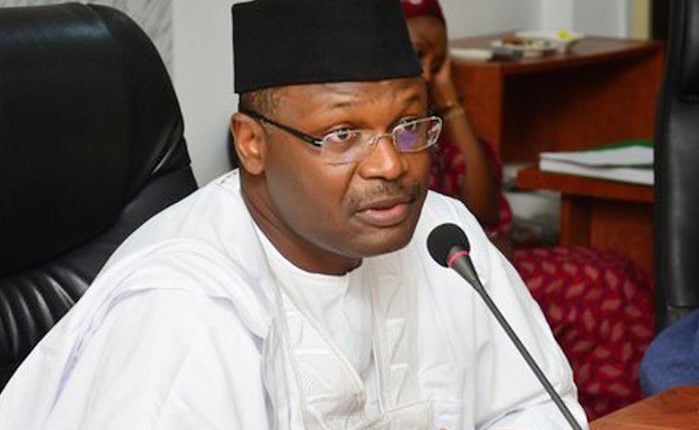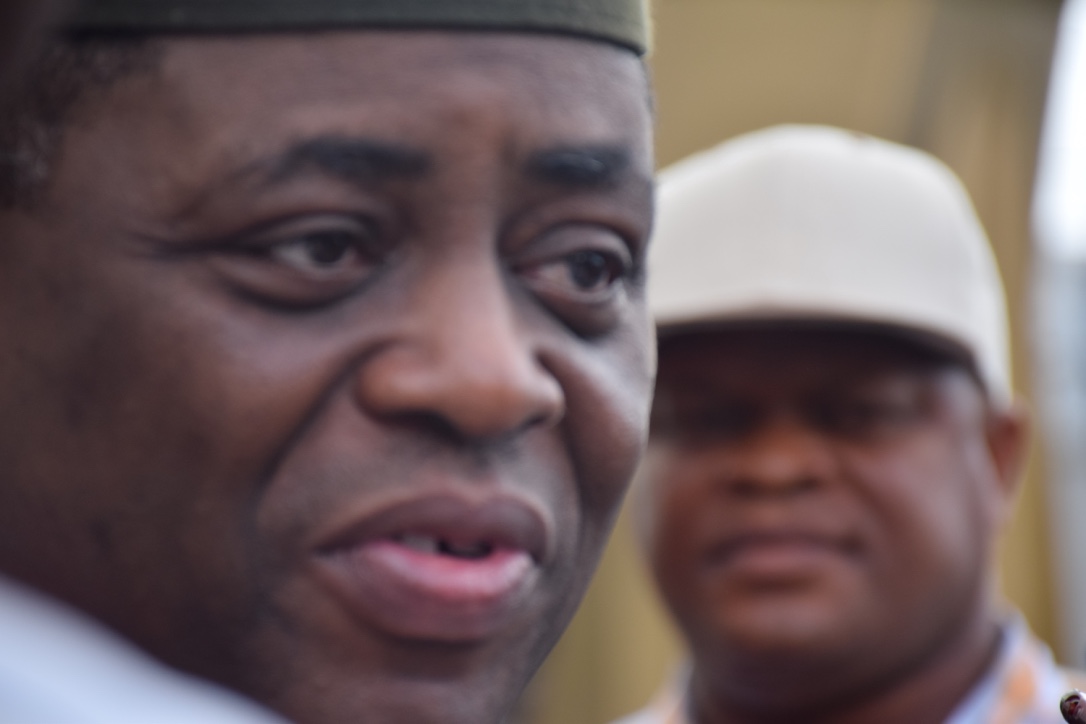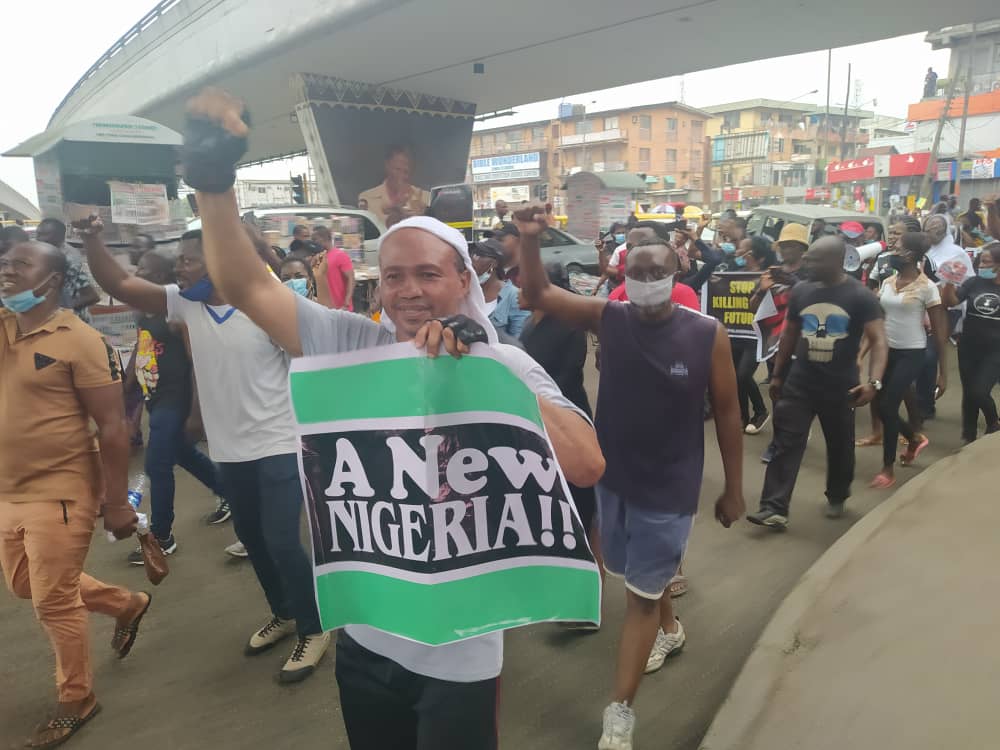Let’s make no mistake about it, the #EndSARS protests that have hit Nigeria in the past couple of days are not so much about the police as they are about the failure of governance in the country. These protests are a metaphor and warning that government’s inefficiency is getting on the nerves of a Nigerian generation whose opinions, ideas and worldview are not limited to what happens in Nigeria.
The police are the closest law enforcers to the people. There are, in fact, communities where people do not feel the existence of government beyond its capacity to enforce laws. So, when citizens rise against such an agency and its practices, it is a campaign against the source of its power- the government. No one, least of all, government should imagine that scrapping SARS, SWAT or whatever name it is called, would be the end of this. It is in fact the very beginning of an eternal demand for citizen governance, it is the dawn of an era!
If we were to be a totally honest people actually, every Nigerian would by now see the need for an urgent reconsideration of Nigeria’s structure. And by that, I am not necessarily speaking about geography or finance; even though these are issues that the country must deal with if progress must truly be made. However, of more urgency than anything is the overhaul of major institutions of state, where indiscipline and a tragic misunderstanding of purpose have turned human beings into anything but.
This is one of the benefits that the youths of this country did their fatherland with this weeklong demand for the end of the Federal Special Anti-Robbery Squad. It is bad enough that the police high command is so far away from the common man as it is, but it is unthinkable that an Inspector-General of Police, who has spent close to four decades in service, would issue an instruction and men of his force would carry on like they were deaf. Oh! There is an even more copious example of how much things have fallen apart. Did you recall that just a few years back, the President, Muhammadu Buhari, gave a direct order to one IGP but he chose to disobey it! It got more pathetic when Buhari saw this insubordination and did nothing but talk about it. So, what does one expect from men and officers of the force?
Advertisement
Thank goodness for the presence of mind of Nigerians. IGP Mohammed Adamu’s Sunday disbandment of SARS would have made the impression he intended; protesters would have gone off the streets and few days after, this terror of men would come back on the streets and haunt Nigerians for daring to call them out. But credit to the vigilance of young Nigerians, hardly had Adamu dropped the microphone than four or so such previous pronouncements that were disregarded by men of the force got pulled out as evidence of the deceit that the highest command of the police has become. Even with the claims of disbandment, policemen are still turning their guns on harmless protesters killing ten among them, according to the Amnesty International and maiming as we speak.
Now, this is a point that should worry Nigeria’s government. Amongst many other things wrong with the Nigeria Police Force, for a citizenry to lose trust and confidence in its first man, calling him (and proving that) a serial liar is one dent the country should immediately save herself from. But things don’t run like that in Nigeria. Public office is literally the personal estates of people so, there are no infractions enough for them to be sacked or the integrity to make them quit honourably.
Behind this disrespect for the people is however a much deeper misconception of exactly where the loyalty of institutions like the police should lie. The police and sister organisations like the Department of State Services, the Nigeria Security and Civil Defence Corps, the Nigeria Immigration Service, the Nigerian Customs Service, the Economic and Financial Crimes Commission and even the Armed Forces all have it twisted to imagine that their allegiance is to the government in power. While the Nigerian constitution bestows the honour of being Commander-in-Chief on the head of the executive, he holds his powers in custody for Nigerians. As a result, the President and everyone who serves on the agencies are ultimately answerable to the people. This is a costly misunderstanding that the #EndSARS movement is painfully reminding Nigeria’s current leadership of. It is one that must be ingrained in leaders of these agencies and guide their operations forthwith.
Advertisement
Added to this is the complete overhaul of all these security agencies. This is a step one is hopeful that the President would have the courage to see through in the interest of the country’s future. In reforming the police in particular, consideration must start from the quality and process of recruitment to remuneration, conditions of service as well as the system for rewards and sanctions in the system. Anyone familiar with the Nigeria Police and its mode of operation would expect nothing more than what it currently gives.
Citing a study he did in 2004, Publisher of The Cable, Simon Kolawole, wrote in an article on Sunday: “…Because of our poor record keeping, ex-convicts, including armed robbers, and unfit persons were being recruited into the force. The conditions of training could only produce beasts. The hostels were not habitable, the food was appalling…Firearms training was grossly inadequate. Many recruits finished training without being properly taught arms handling. Recruits had to bribe to get official uniforms. For those already inside the force, the tales were sadder. They saw their colleagues die on duty and their widows battle and struggle for years to collect the entitlements. One senior officer once lamented to me: ‘Is this what will happen to my family if I die serving this country?’ Police officers were being given patrol vans without fuel… I saw policemen sleeping inside a van. One officer told me they were transferred from Enugu last month. There was no plan for accommodation, so they sleep inside patrol van, wake up very early in the morning to have their bath, and they have to go on patrol without funds being provided for fuel.”
This is why the demand for a total overhaul is perhaps the greatest indication of the fact that the Nigerian youths are ready to place citizenship in its right place henceforth.
It is also a clear signal of how mistaken anyone who imagines that Nigerian youths are lazy and incapable of holding their own is. The refusal to fall for and budge after Adamu’s Sunday bait is a warning to leaders that a majority of the youths are clear headed and focused on the exact needs of the country.
Advertisement
It should also be clear to political leaders who have profiteered from the fault lines of ethnicity and religion (to set the people against themselves) that the next generation of Nigerians would not be taken in by such machinations. These #EndSARS protests went on across the country without anyone asking how and where the other worships or which language they speak. From Lagos to Kaduna to Enugu and Port Harcourt, the common language spoken by everyone was an insistent demand for the removal of state-funded tyrants from the roads and the reformation of a police force that has turned against the people it was set up to serve. They are organised, turning down offers of money and conducting their affairs responsibly.
More importantly, the events of the past couple of days should instruct government at all levels that the citizen’s tolerance for bad and mediocre governance is ending. It is a warning that the country is running out of time to do good by its teeming youth population out of which only 14.7 million of the 40 million eligible to work is suitably engaged and a total of 13.1 (more than the population of some countries) are unemployed.
This is a generation that just witnessed the effectiveness of the global Black Lives Matter campaign. It is a generation, whose mind is fertile and equipped with technology, whose fingertips access information by the second. One which travels to countries that work without leaving the shores of Nigeria, one which sees functional education, quality healthcare, respect for humanity, equal citizenship across board in other places. Here is a generation that knows what transparent governance is about without having a feel of it. With a touch on their devices, they can tell what the American President earns and what a member of congress earns and what the British Prime Minister takes home. But, in their own country, questions have been asked for years as to the cost of governance without answers. Yet it is a generation full of courage, fertile in the mind but denied expression by its country.
Adedokun tweets@niranadedokun
Advertisement
Views expressed by contributors are strictly personal and not of TheCable.
Add a comment

